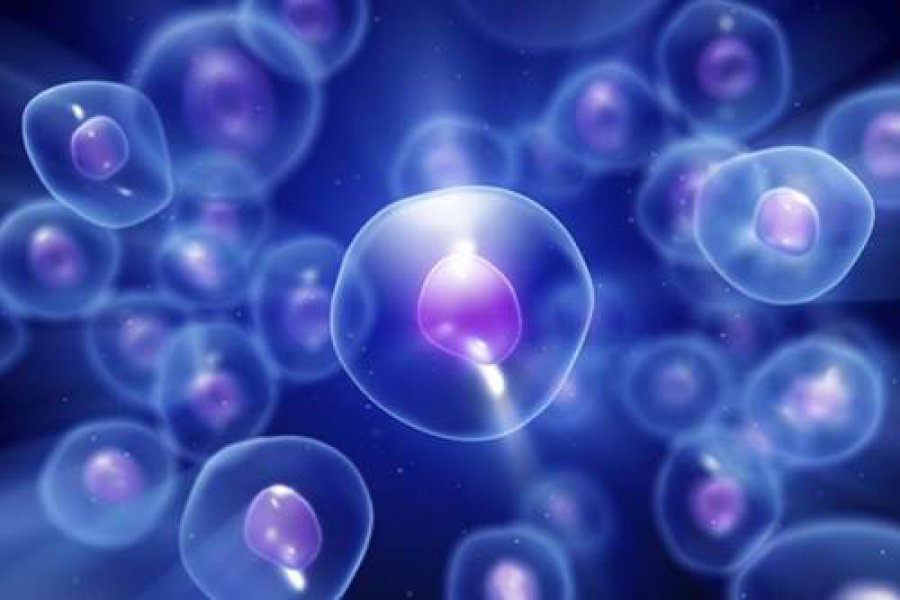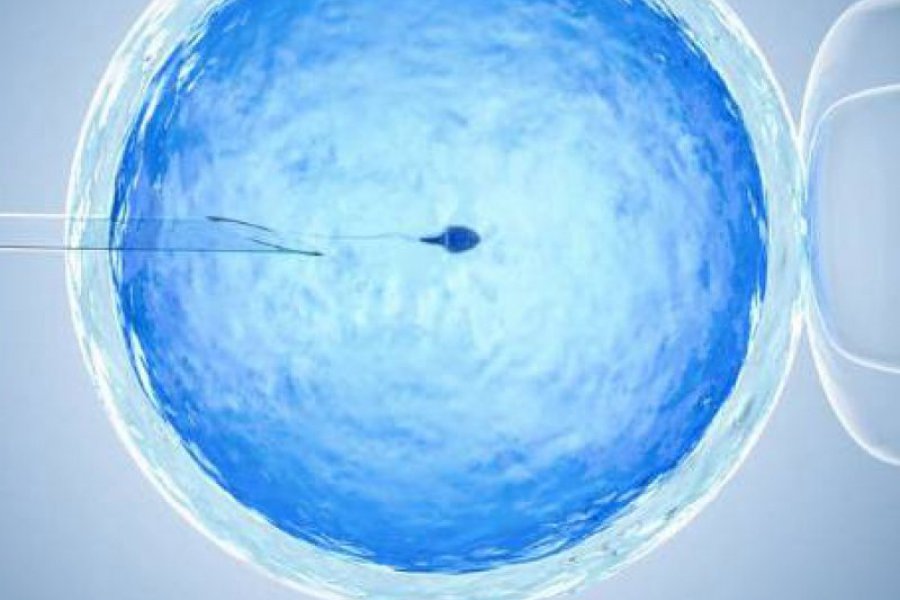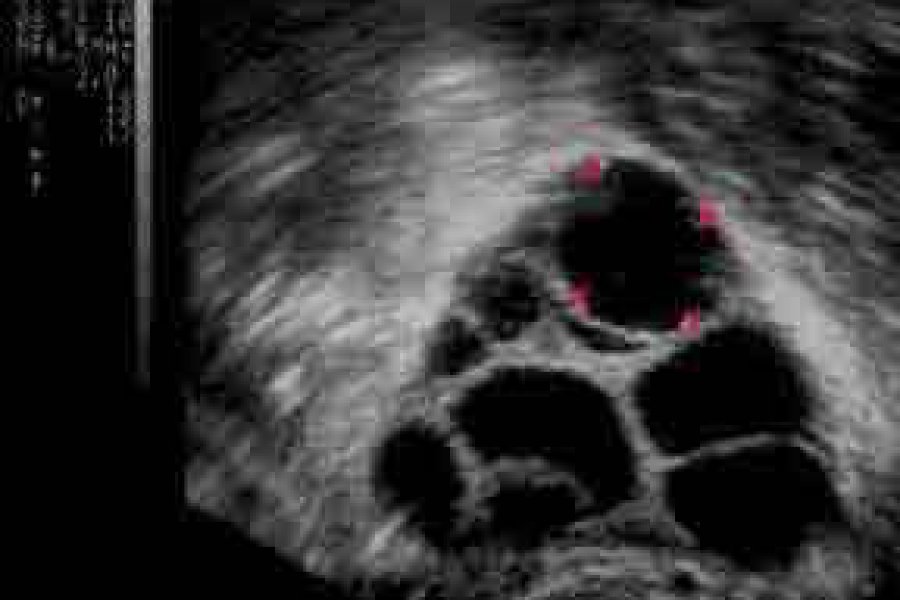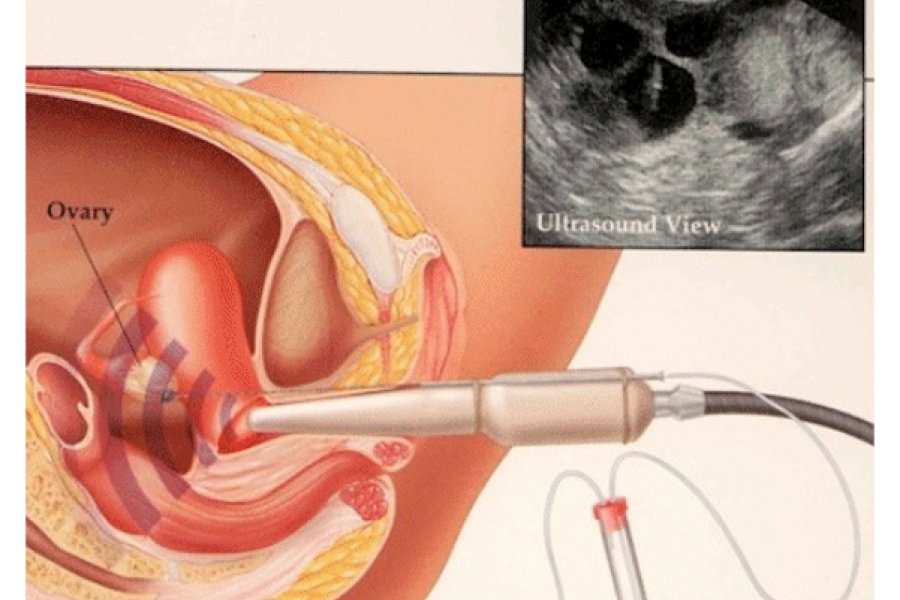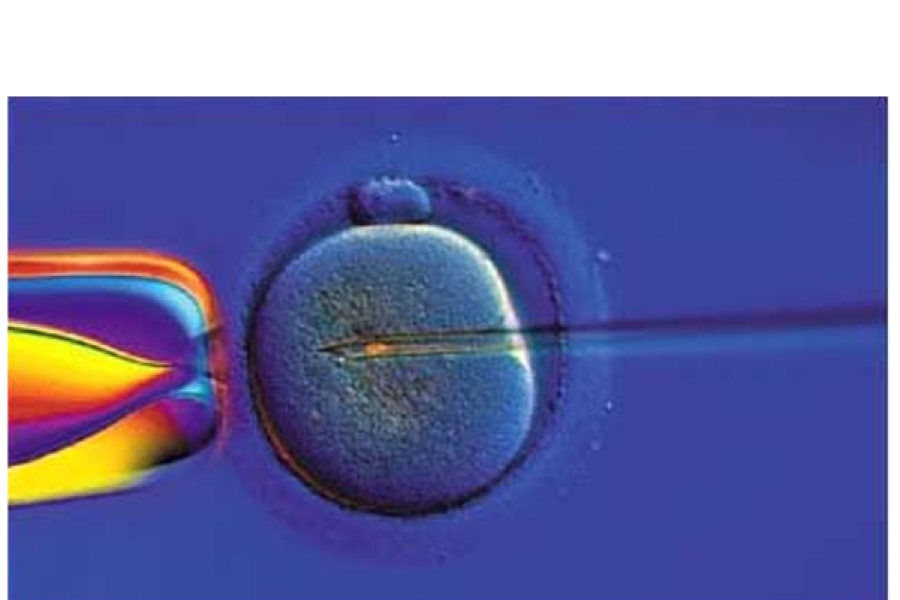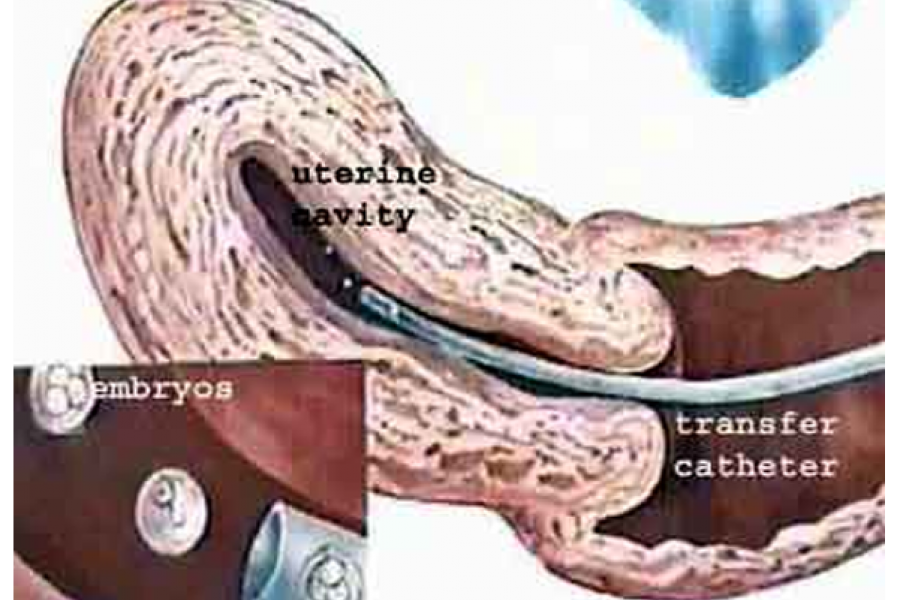HORMONE PROFILE
HORMONE PROFILE
Hormone tests are done on the 2nd or 3rd day of menstruation. The main hormones examined are FSH, LH, E2, Prolactin and TSH. AMH (anti-mullerian hormone) can be checked to evaluate the ovarian reserve regardless of the menstrual day.
FSH (Follicle stimulating hormone): It is a test to determine the biological age of the ovaries of the patient. According to the FSH value, the response of the ovaries to the drug is estimated and the drug dose is determined accordingly. The normal value of FSH is below 10. When the value rises above 10, it becomes difficult for the ovaries to respond, higher doses of drugs are used, fewer eggs are obtained and pregnancy rates decrease. In cases where the FSH value exceeds 25, pregnancy rates approach zero. FSH value increases with advancing age, but sometimes it may increase at younger ages as the ovarian reserve is depleted early. Smoking or previous ovarian surgery can cause FSH to rise at a young age. FSH values may increase at an earlier age in women whose mothers, sisters or aunts entered early menopause. When menopause develops at a very early age (under 30 years of age), the patient may have a chromosomal problem, so chromosomal examination (karyotyping) can be recommended to women who enter menopause under 30 years of age. Once the FSH value is found to be high, the IVF success of that patient is less than the group with normal.
LH (luteinizing hormone): LH increases in polycystic ovary syndrome and can be up to 2.5, 3 times that of FSH. In such cases, the ovaries are more sensitive to drugs and hyperstimulation syndrome may develop more easily. Therefore, care should be taken when determining the treatment protocol and drug doses to be applied to the patient. Again, high LH may impair egg quality and decrease pregnancy rates due to its negative effects on the endometrium.
FSH and LH are very low in patients with hypogonadotropic-hypogonadism.
E2 (Estradiol): E2, like FSH, is used to determine the biological age of the ovaries. Its normal value is below 50 pg/ml and 80 pg/ml. decreases in pregnancy rates.
Prolactin: Its normal value is less than 25-30 pg/ml. The high level of prolactin hormone can lead to infertility by preventing ovulation or causing luteal phase insufficiency. In cases where the prolactin hormone value is determined to be high before IVF treatment, the patient must be treated before starting IVF treatment.
TSH (Thyroid stimulating hormone-Goiter hormone): TSH should be checked to detect the presence of a problem such as hypothyroidism or hyperthyroidism in the patient and correct them before treatment.
AMH (anti-mullerian hormone): As the ovarian reserve decreases, its level decreases as less AMH will be secreted from the ovaries. It is independent of the menstrual day, it can be viewed on any day of the period. AMH level is high in patients with polycystic ovary syndrome.
